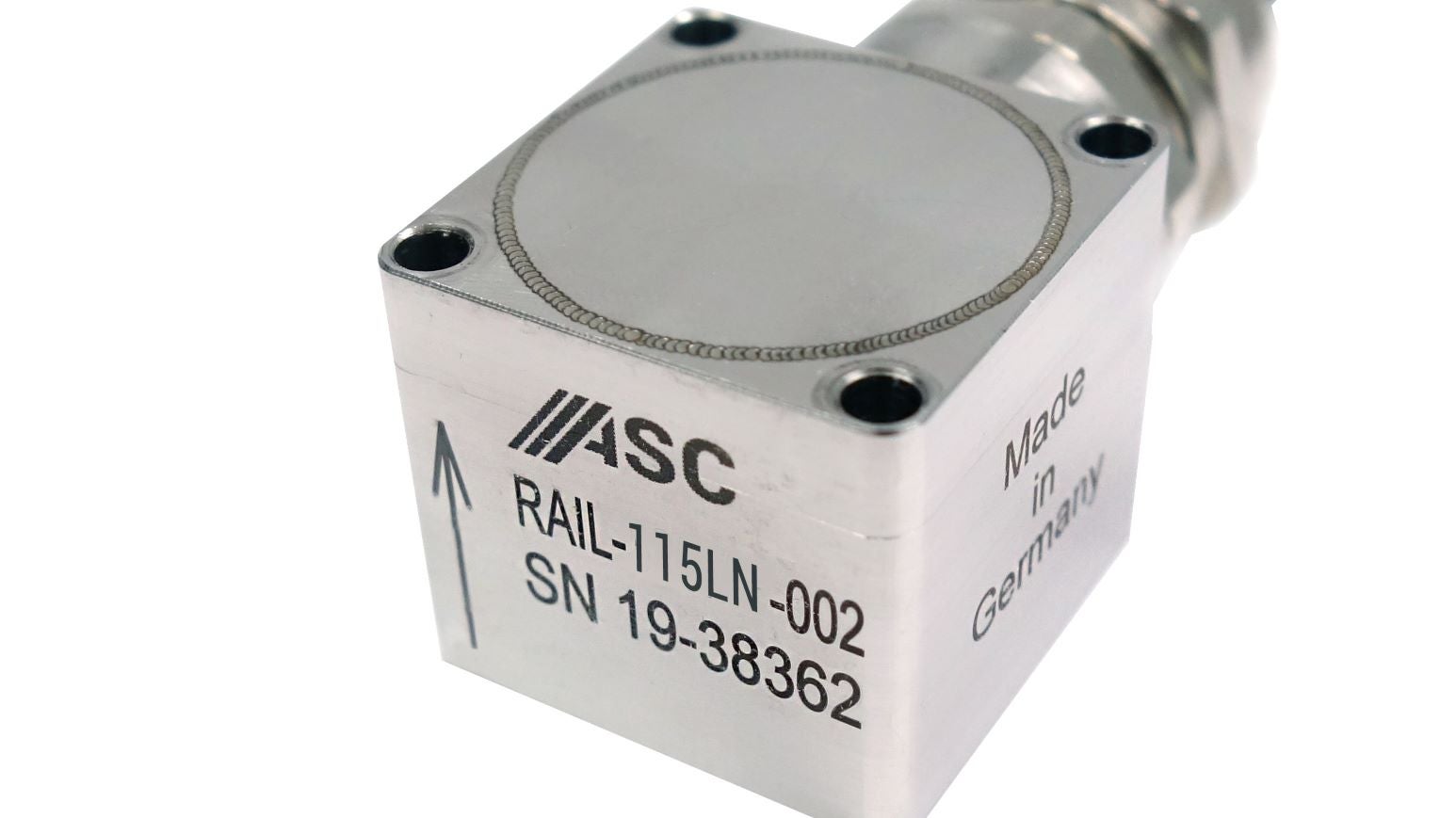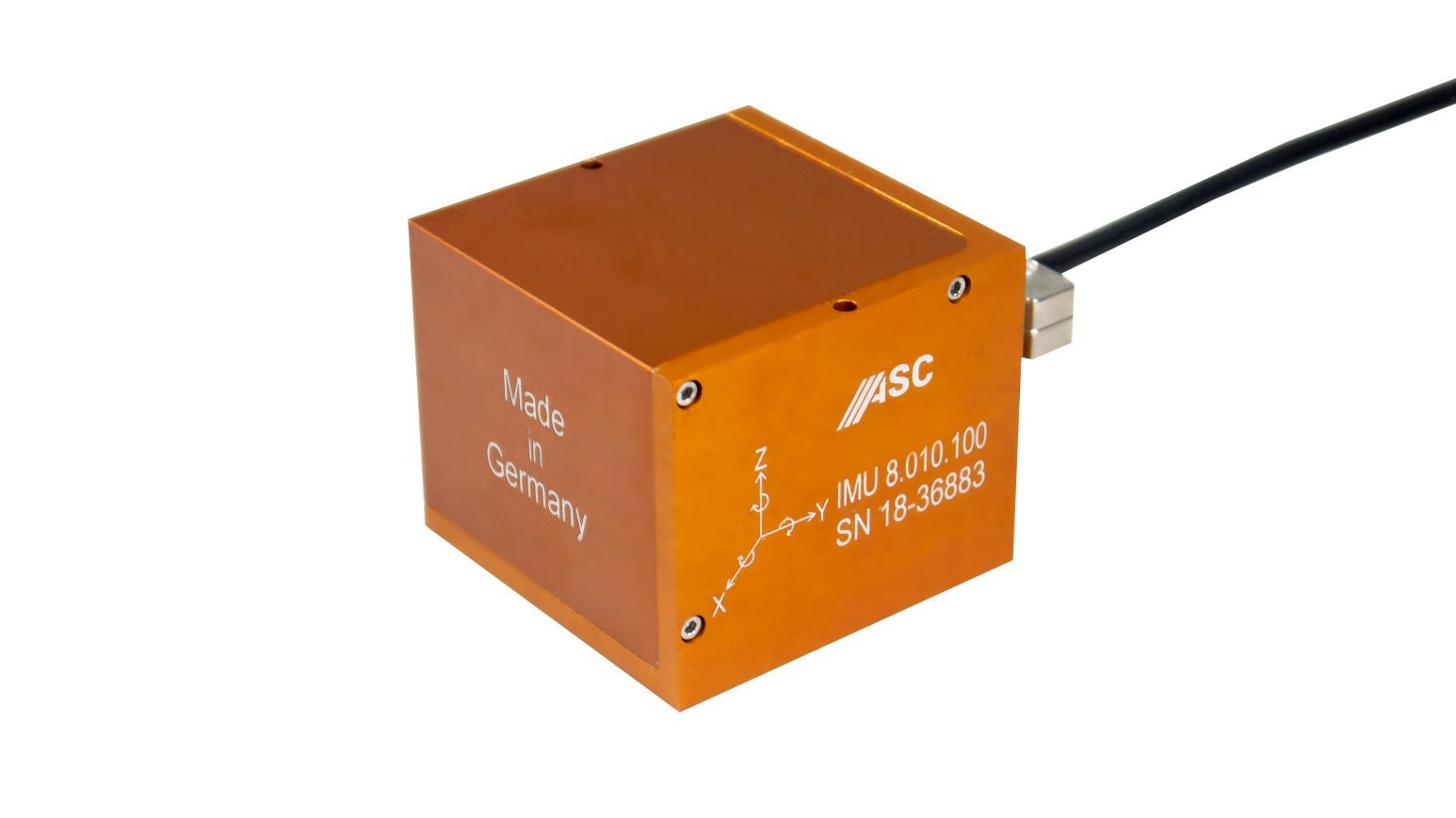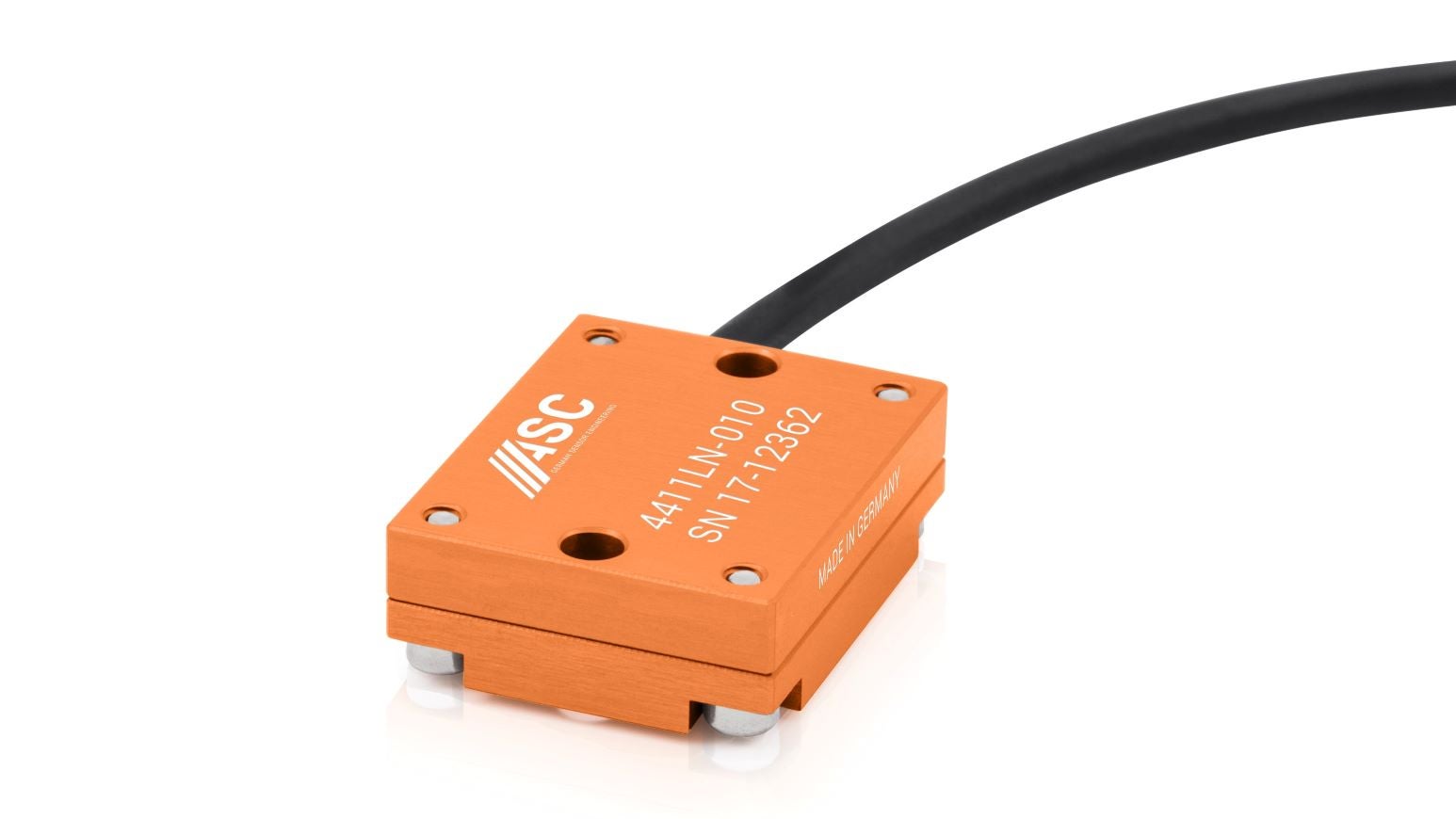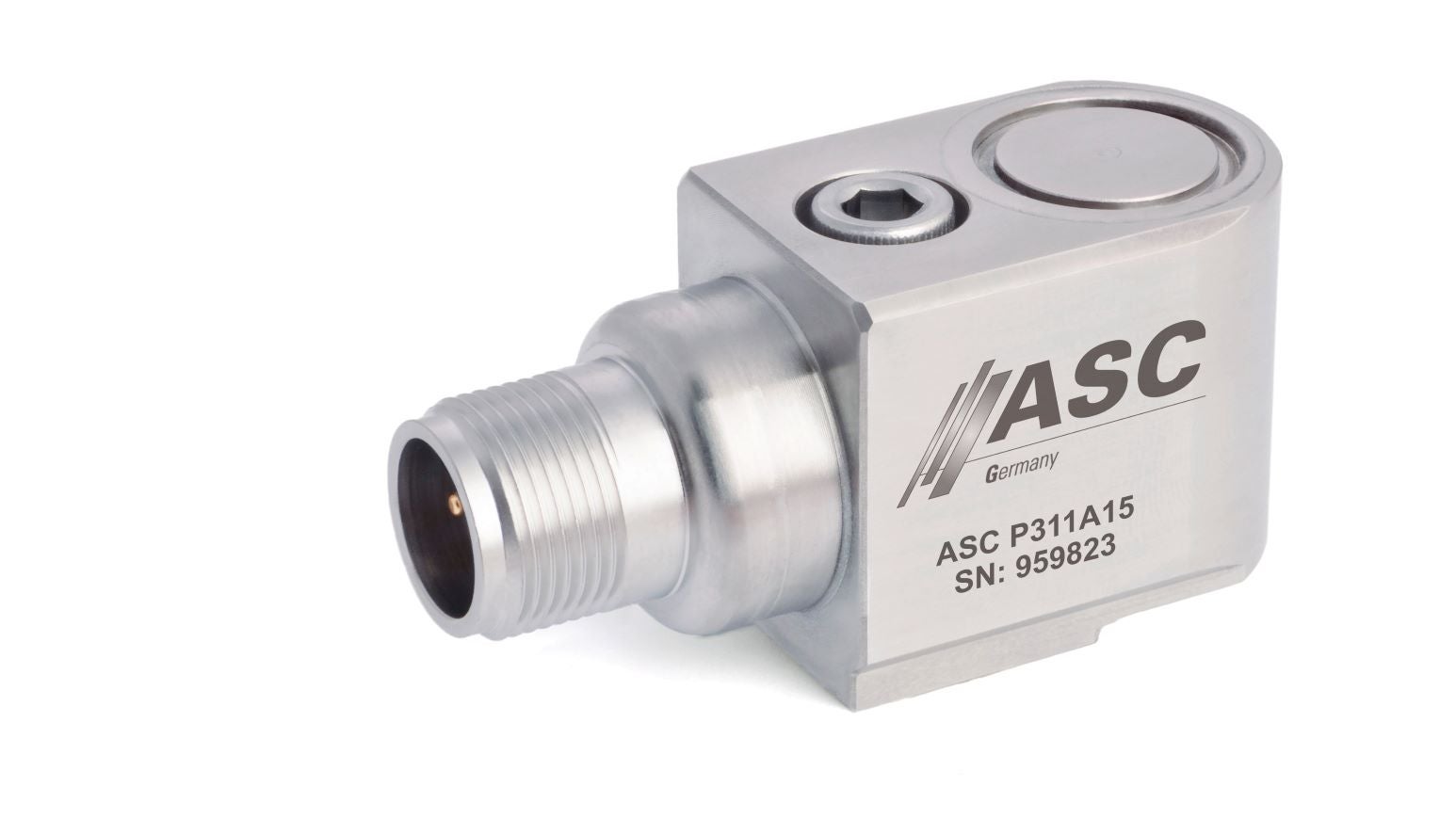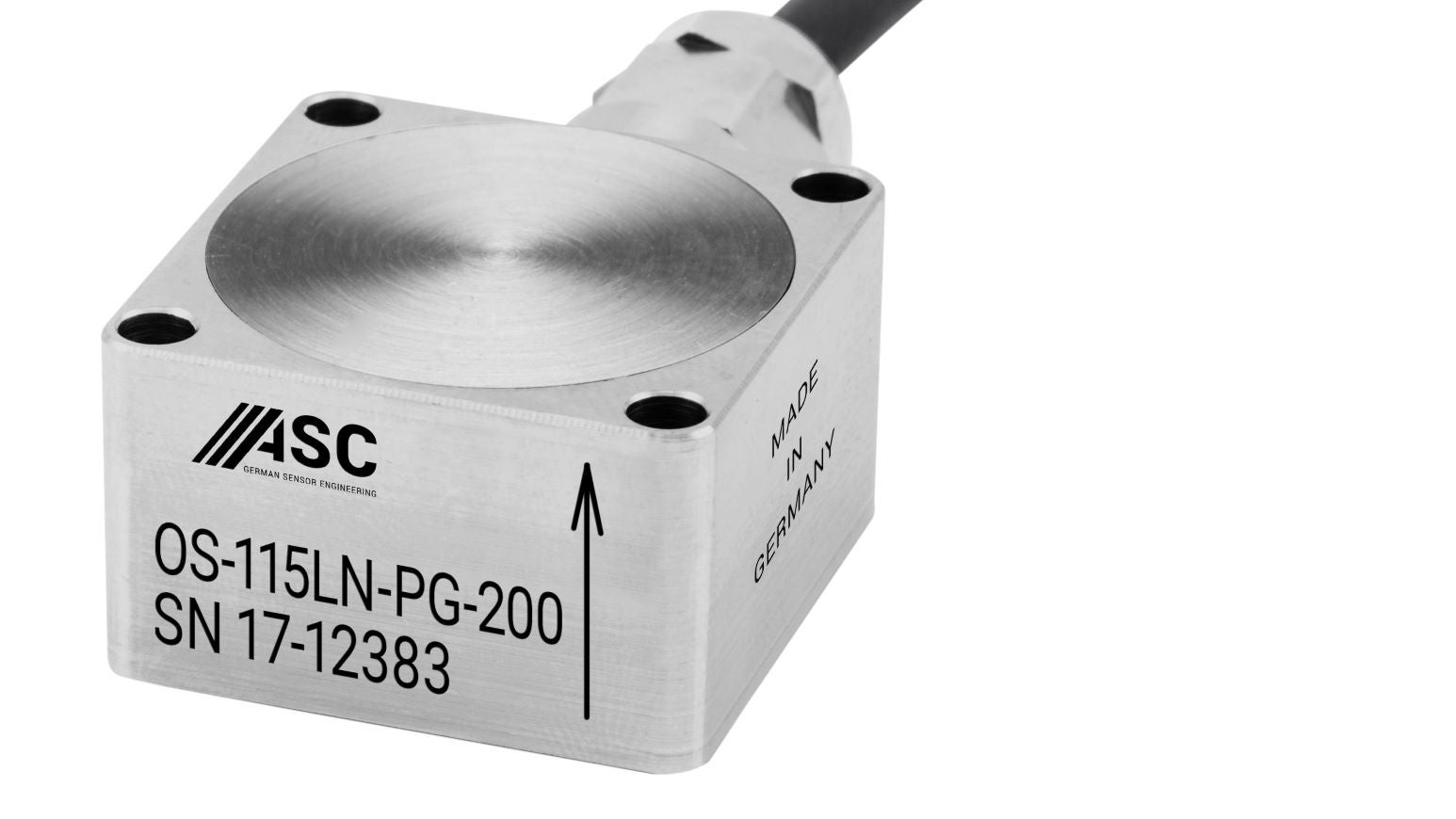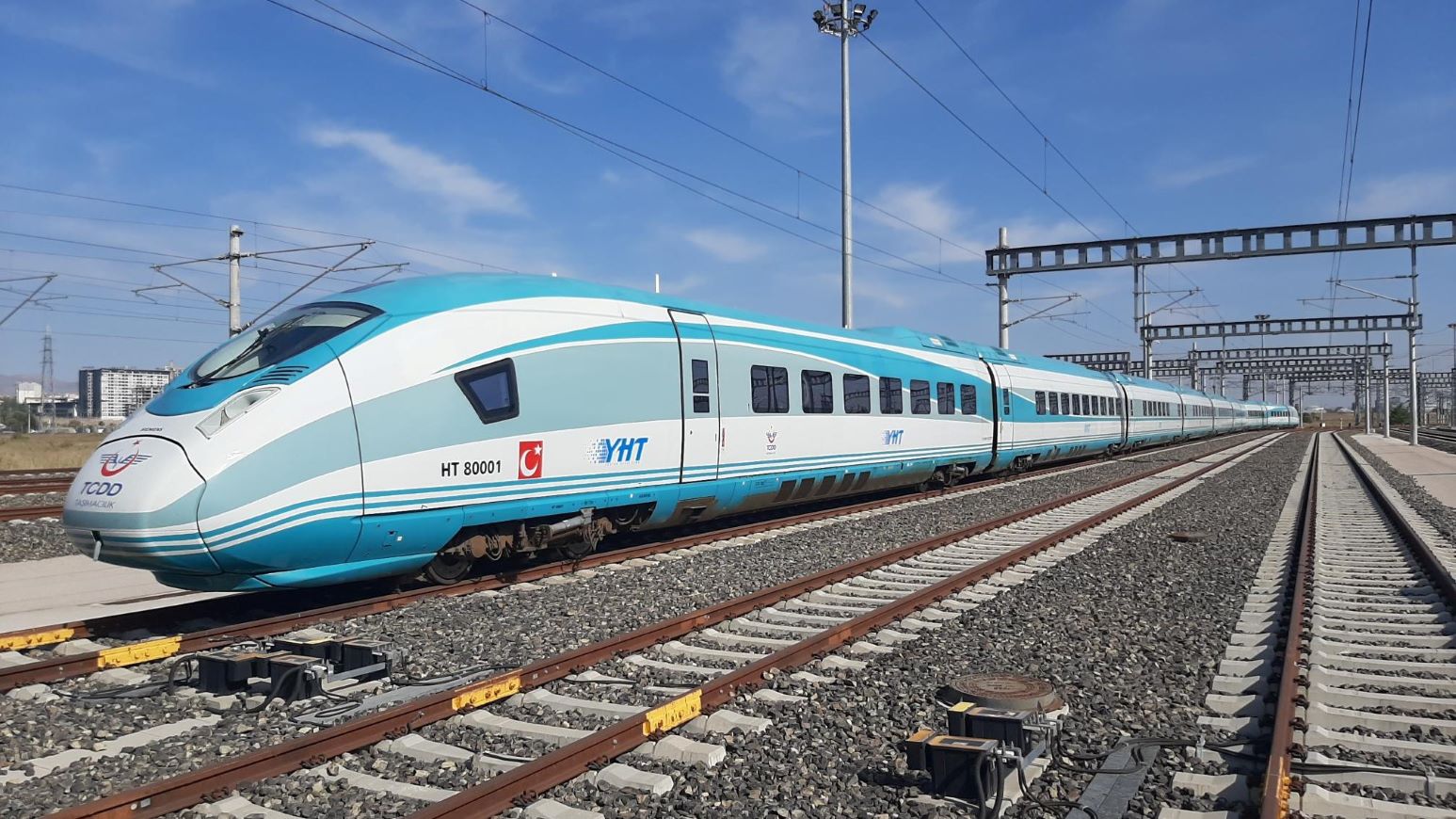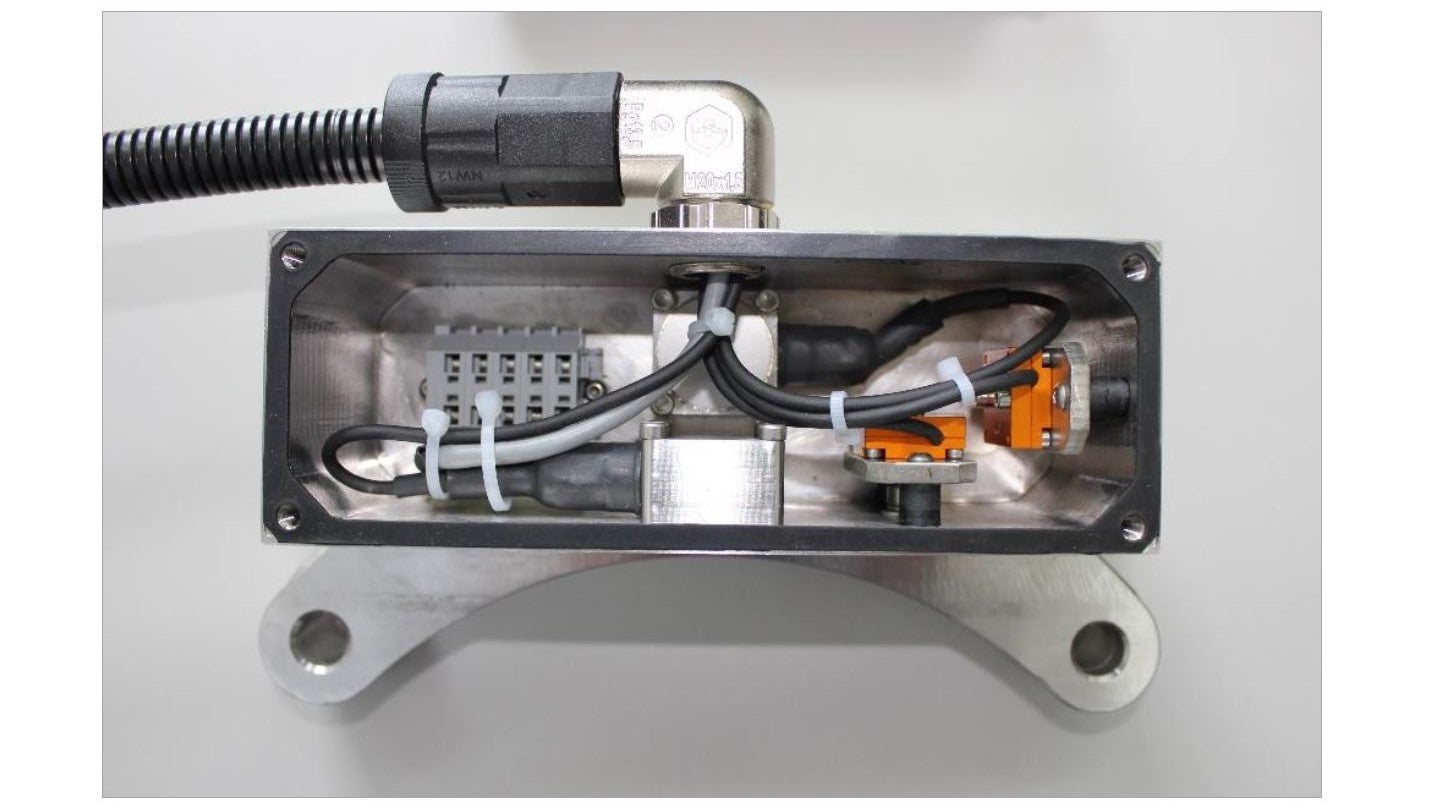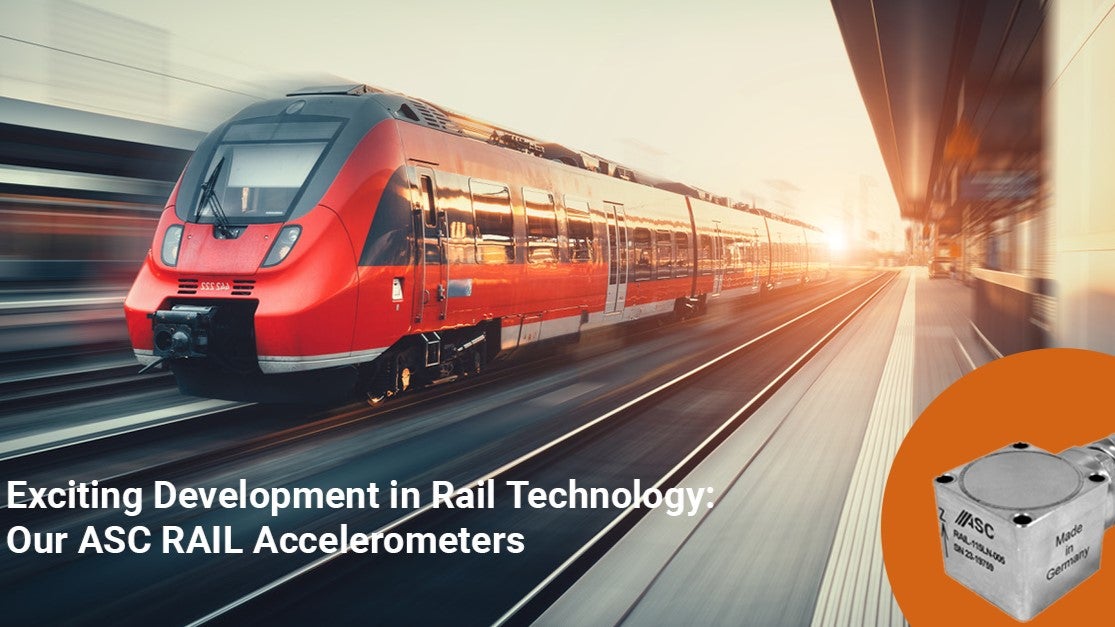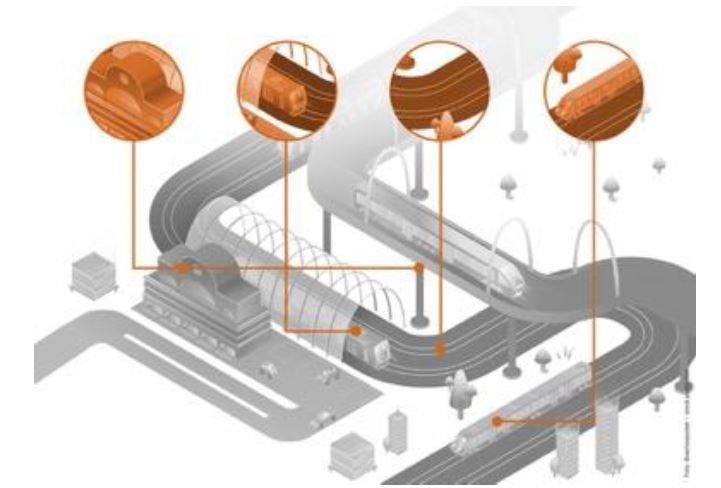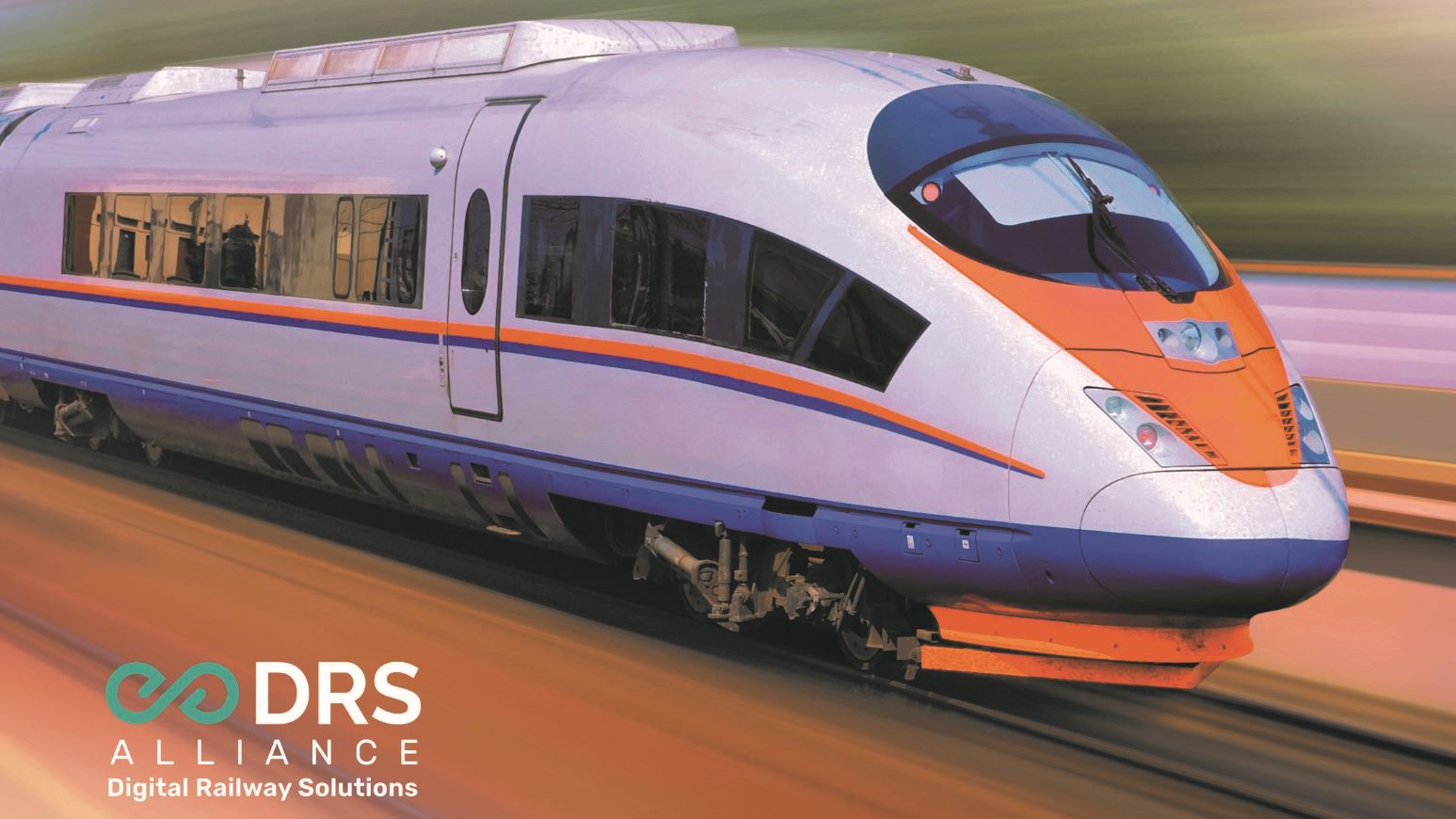
Based in Germany, ASC delivers analogue, digital, and smart sensors that are used in the railway industry across the world. The company is one of the leading global manufacturers of accelerometers, gyroscopes, tilt sensors, and inertial measurement units. These can be used in processes such as testing and measurement, predictive maintenance, and condition monitoring. ASC’s portfolio of products can all be adapted to meet individual customer requirements, making them useful across many different sectors.
Other products available also include capacitive, piezoresistive, and integrated electronics piezo-electric (IEPE) sensors, as well as angular rate and inclination sensors to help ensure safe and comfortable train operations and monitoring.
Modern rail traffic would be inconceivable without inertial sensors; they detect the position of trains, monitor the condition of the tracks, and enable maximum ride comfort. The new ASC AiSys smart sensor systems from ASC enable rail infrastructure to be monitored in real-time and faults or damage to be detected early. This allows network operators to plan their maintenance measures more efficiently.
Digital smart sensors for railways
The ASC AiSys smart sensor systems deliver information to the Cloud, a controller, or a desktop computer.
ASC supports its customers by helping them to develop algorithms to customise the AiSys system to suit their needs. Alternatively, clients can be provided with a programming interface (API) through the ASC AiSys smart sensor system to integrate it with any existing customer-specific algorithms.
ASC sensors can be used for a range of applications, such as:
- Bogie strength testing (EN13749)
- Running dynamics tests (EN14363)
- Ride comfort measurements (EN12299)
- Track position data acquisition (EN13848)
- Navigation
- Infrastructure monitoring
- Predictive maintenance of both vehicles and infrastructure
In the development and operation of trains, inertial sensors perform numerous important tasks. One example is the highly accurate measurement of oscillations and vibrations of vehicles, track systems, and bridges. The data obtained through these measurements form the basis for safe and comfortable rail traffic.
Railway predictive maintenance using smart sensors
The ASC AiSys smart sensor system provides the ideal basis for predictive maintenance, as the system facilitates infrastructure and vehicle monitoring, as well as structural health monitoring. These processes are all carried out in real-time, allowing users to reliably monitor the condition of tracks and vehicles.
Inertial sensors from ASC are also indispensable for monitoring the condition of track networks in accordance with EN 13848 regulations. For example, the sensors record the vertical acceleration at the wheelset bearings and acceleration inside the car bodies. Based on the data obtained, irregularities in the longitudinal height of the track body can be detected and corrected.
ASC’s capacitive acceleration sensors also contribute to the operational safety of trains. Among other things, they are used to measure running dynamics according to EN 14363 specifications and bogie strength according to EN 13749 regulations under real conditions. The sensors are extremely robust against the effects of weather and can operate at temperatures ranging from -40 °C and +125 °C. In addition, the sensors can even withstand impacts with an intensity of up to 6,000g.
New rail vehicles are thoroughly tested and go through rigorous screening processes in accordance with EN14363 (running dynamics) and EN13749 (bogie strength) standards. During these tests, normal train operations in all conceivable operating situations are simulated. In these intense test runs, high-precision ASC capacitive acceleration sensors are used, such as the ASC OS-series or ASC RAIL-series.
Railway navigation solutions for disturbed GNSS signals
Determining the orientation of trains with high precision is extremely important, even when the global navigation satellite system (GNSS) signal may be temporarily unavailable. In this case, bridging navigation using inertial sensors is required.
The ASC IMU 8 makes this possible by permanently and precisely detecting the position of objects and monitoring motion in rail vehicles. The solution is an inertial measurement unit (IMU) sensor that features integrated acceleration sensors with excellent bias stability, ranging from 3μg to 45μg. Furthermore, the tactical grade angular rate sensors feature a minimum angular random walk of <0.01 °/√h and a bias stability of <0.1 °/h.
Therefore, any errors in velocity, position, or orientation calculations are greatly reduced, resulting in a deviation of only 20cm after 60 seconds when using the ASC IMU 8.
About ASC
Based in Pfaffenhofen, Germany, ASC promotes the development of smart railway systems through its range of high-precision sensors.
The company also acts as a partner for dedicated testing engineers and helps to make measurement engineering easier by providing a range of useful software and services relating to its sensors. Together, ASC engineers have a thorough understanding of a wide range of industries and applications, enabling them to create sensor solutions that are suitable for a variety of demanding measurement tasks.


